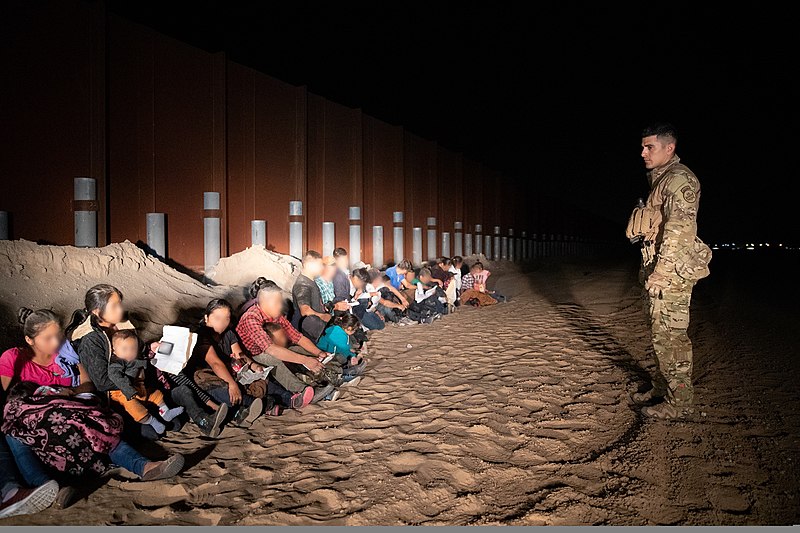- 14 3402-5578
- Rua Hygino Muzy Filho, 737, MARÍLIA - SP
- contato@latinoobservatory.org
 Foto: CBP Photography
Foto: CBP Photography
A publication from the Immigration Impact website, a project of the American Immigration Council, points out the main points and implications of the challenges facing U.S. states and cities regarding immigration and federal funding.
The challenges relate to the decisions of the United States Congress regarding funding for fiscal year 2024, in which there was a worrying shift in the allocation of resources. Congress cut $150 million from the Federal Emergency Management Agency's (FEMA) Shelter and Services Program (SSP) and transferred those funds to U.S. Customs and Border Protection (CBP). This move has significant implications for the critical infrastructure used by states and localities to welcome recent migrants.
Cities have responded to the surge in migrants with emergency responses, prioritizing shelter and other basic needs. However, these responses were not designed as long-term solutions. The lack of adequate federal funding has led states and localities to use limited resources to address immediate needs, to the detriment of long-term solutions.
Calls from city leaders, governors, the business community and nongovernmental organizations for more federal support have been ignored, according to the organization. Congress has received bipartisan calls for changes to immigration policy, but there has been little concrete action. This inaction has forced states and cities to take policy action on immigration without the necessary federal support.
The reduction in SSP funding is seen as a step backwards in addressing newly arrived migrants. The lack of effective federal action is leaving states and localities without resources to sustainably support migrants, leading to reduced assistance and cuts in other services to offset costs.
In summary, the publication highlights the growing pressure on U.S. states and cities due to the lack of adequate federal support to address immigration challenges. Reduced SSP funding poses a significant obstacle to communities' ability to welcome and support migrants, and the federal government's inaction is forcing states and localities to take policy action on their own.











